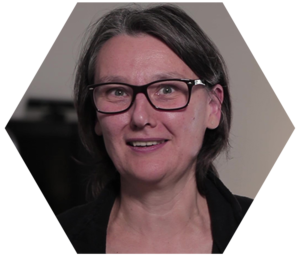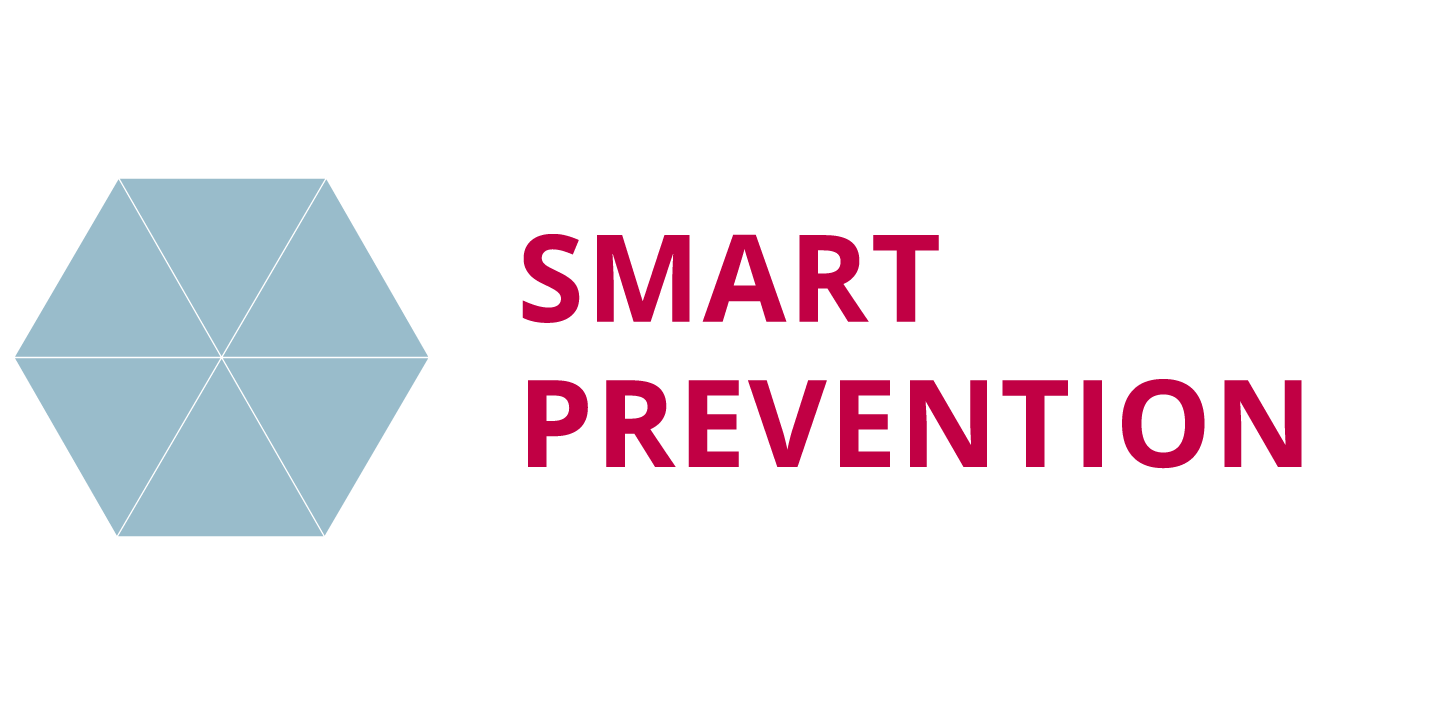- Computer Science / Phenomenon / Prof. Dr. Britta Wrede
Prof. Dr. Britta Wrede
Phenomenon digitization
- Wrede: Threat
- Wrede: Chances
- Wrede: Vision
Digitisation is actually characterised by new possibilities and less by new hardware technology. It is not new mobile phones or new cars that you can see and touch on the street or in our everyday lives. What actually characterises digitalisation is the possibility of networking. The networking of actors, i.e. of people with each other. But of course also networking with technologies, which enables us to bring completely new data and new information into interaction with each other. And the other thing is, of course, if I combine this with AI technologies, that I can analyse data, that I can recognise patterns in all these masses of data. That’s one thing, then of course I can gain completely new insights, also as a technology. And the other thing we are doing here, in cognitive interaction technology, is the possibility to interact with this technology, this intelligent technology. And to interact in a way that I understand what is happening there and that I can control it. In other words, technology or digitalisation is actually characterised by the fact that I can’t see it, but by the many new possibilities it opens up. I believe that there is always a tendency to deny children and young people the ability to deal with technology in a particularly reflective way. But I think that this underestimates them a little bit and they don’t talk about “digital natives” for nothing. I do believe that new concepts have actually developed in our children or young people in society, which we possibly cannot yet assess very well. I think the ability to create YouTube videos alone, as we can already see, shows what young people are already doing, even children. This means that they learn to present themselves at a very early age and I think there are completely new, also social skills in the children and young people, which have developed, which we do not yet have and which we may not be able to perceive well in the children. That is why I see great opportunities there, but also, logically, all the dangers. But by exposing children to certain dangers, it is of course also possible for them to develop strategies for coping with these dangers.

Prof. Dr. Britta Wrede
- Since 2019 Head of the Medical Assistance Systems Working Group at the Medical Faculty (under construction) of Bielefeld University
- Since 2010 Head of the Group for Applied Computer Science at Bielefeld University
- Previously head of the research group “Hybride Gesellschaft” of the AdR Laboratory
- 1999 M.A. and 2002 PhD thesis at the Faculty of Linguistics and the Faculty of Technology in the field of automatic speech recognition
- One year DAAD scholarship at the International Computer Science Institute (ICSI) in Berkeley, USA (work on the analysis of prosodic cues for emotional language or “hot spots”)
- Main focus in the group for Applied Computer Science: Modelling of human-robot dialogues, emotion recognition and modelling in HRI, developmentally inspired language acquisition approaches, modelling of visual attention, analysis of tutor behaviour towards children and robots, modelling of the perception of multimodal tutor behaviour for learning and how pragmatic information can be used for HRI or interaction with intelligent environments
- Their research is driven by the question of how to equip robots with a better understanding of their social and physical environment and is strongly inspired by human development. She follows the hypothesis that learning must be embedded in social interaction
- Co-publisher of the deutsche Zeitschrift für Künstliche Intelligenz [German Journal of Artificial Intelligence]
- Principal Investigator in several EU projects (CODEFROR, ITALK, RobotDoc, Humavips) and national projects funded by the DFG (SFB 673 Alignment in Communication), the DLR (Sozirob – Der Roboter als Fitnesstrainer), the DAAD Thematic Network on Intelligent Systems and the BMBF (KogniHome, DESIRE – Deutsche Service Robotik Initiative)
- Phenomenon
- Threat
- Chances
- Vision






Comments